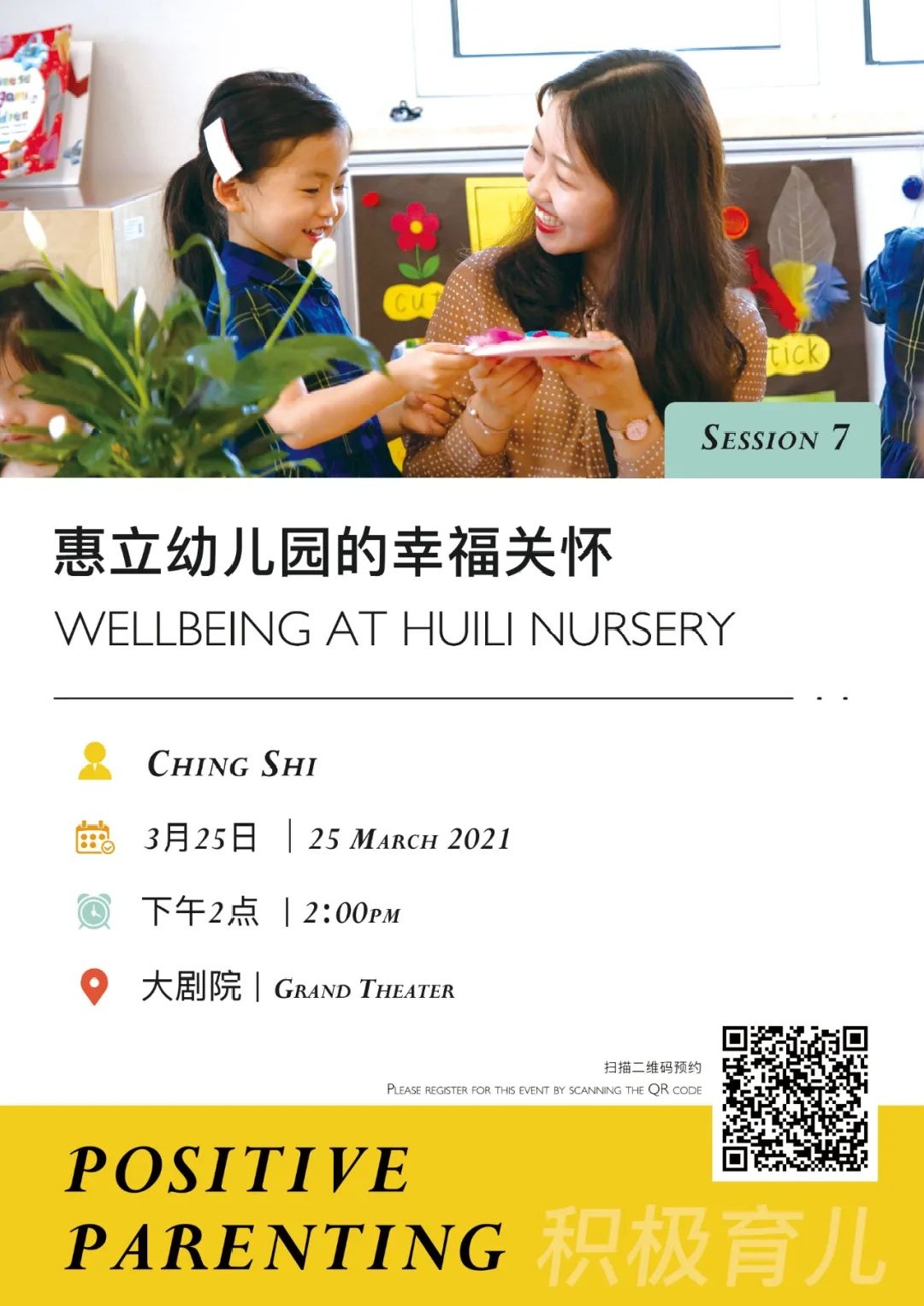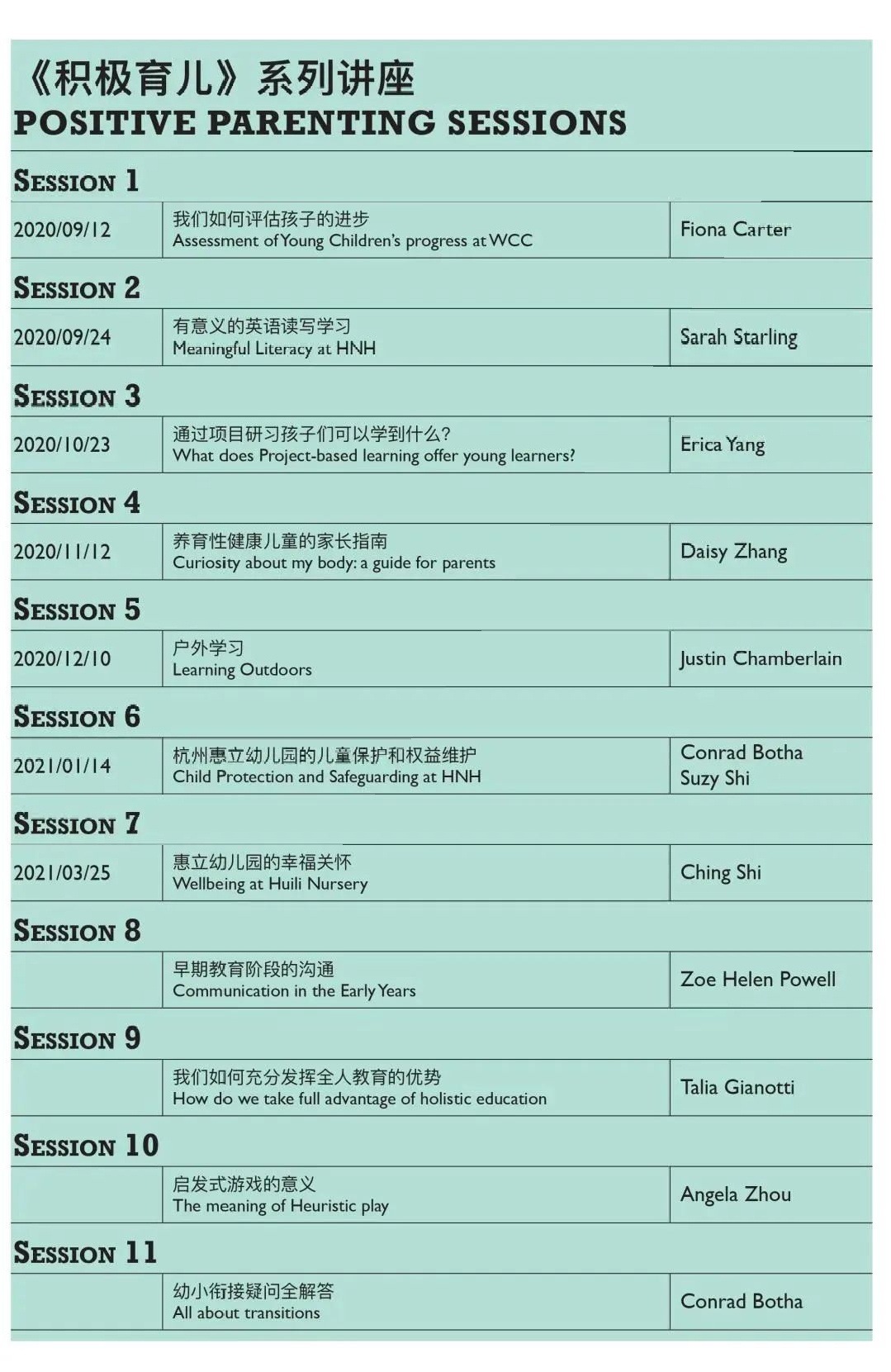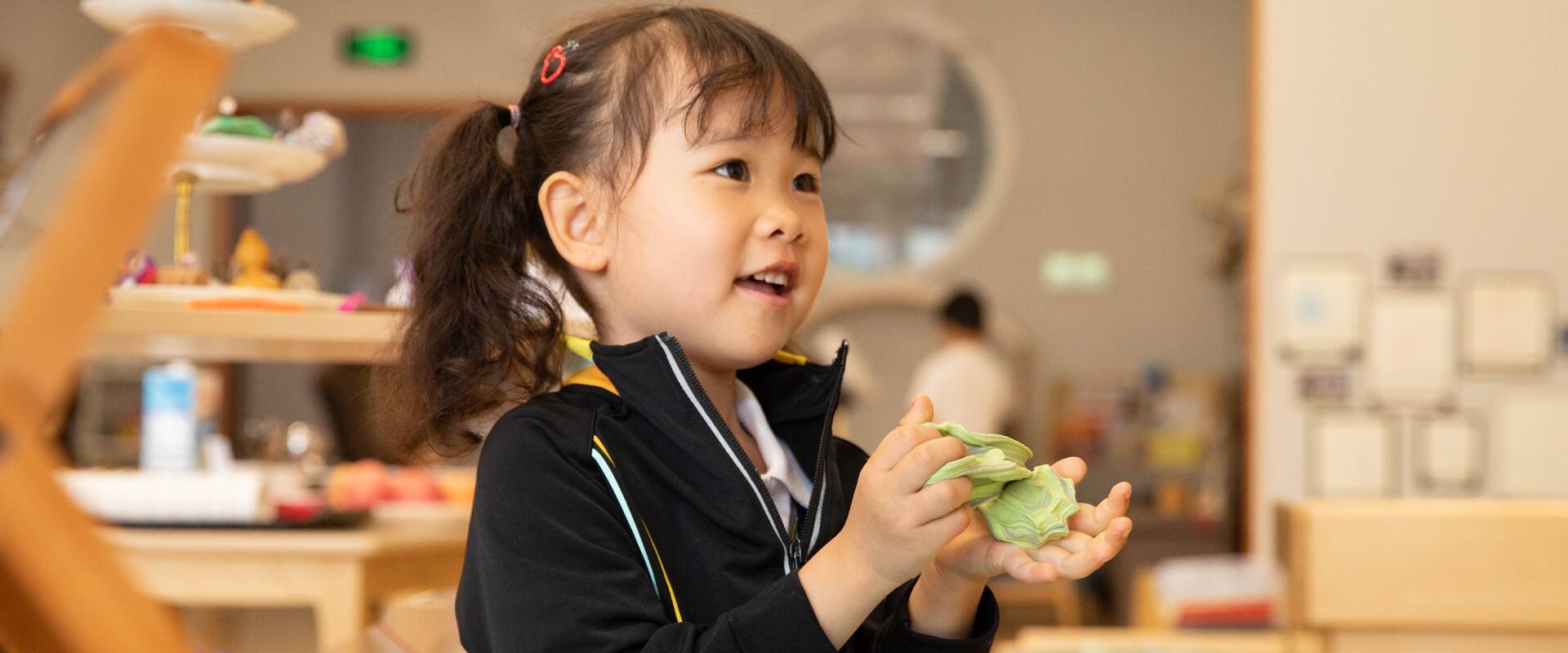

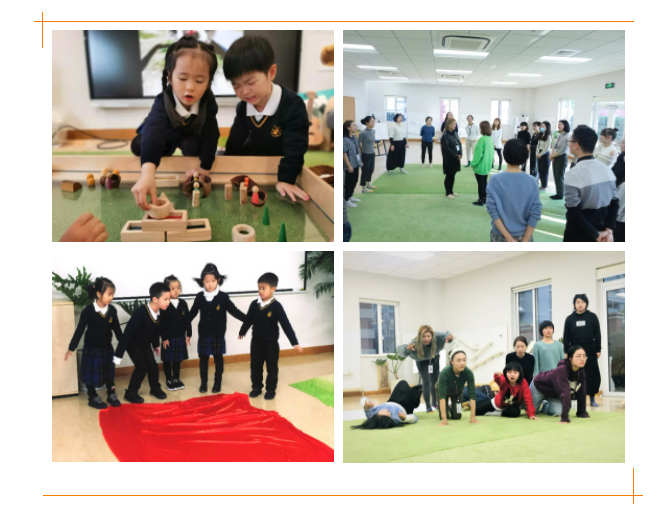
Children experience their feelings deeply, and have profound imaginations which they carry with them into their daily experiences. This inspires deep thinking which influences their understanding of the world and the people and culture around them.
Children thoughts, feeling and questions go forward like tendrils from a plant, exploring their environment. Those tendrils find sweet, beautiful experiences which feel like a soft, spring breeze or warm sunshine. Parents are the faithful guardians of these experiences and through providing them, hope that children will grow and thrive.
Something to consider though, is whether we only have sweet experiences in our lives? What about the bitter winds, the ups and downs, and the sorrows which do not leave us? How can these profound moments also be cultivated to become constructive part of our children’s life experience?
We believe that children's feelers are both inquisitive and tough. They are eager to explore a more diverse world and understand a more vivid life, just like the adults around them. Through the form of imagination, drama connects us to the real world. There are no right or wrong answers within drama in education. It is filled with the collision and interweaving of different ideas, the conflict between the new and the old, the collision, mapping and connection between self and society, imagination and experience.
We are looking forward to enriching all of our experiences and sharing the journey of drama in education with you and your children.

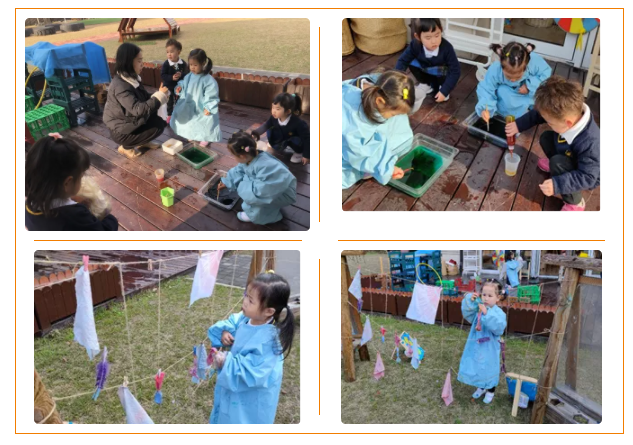
As part of our sewing project, the children have started to explore other ways in which we can manipulate textiles to create new effects. This week we have introduced the children to the process of tie dying, focussing on colour and the changes they can create by adding different amounts of dye. This process also allows children to develop their understanding of mixing and seeing cause and effect as they add more dye to create darker colours or water to lighten the colour.

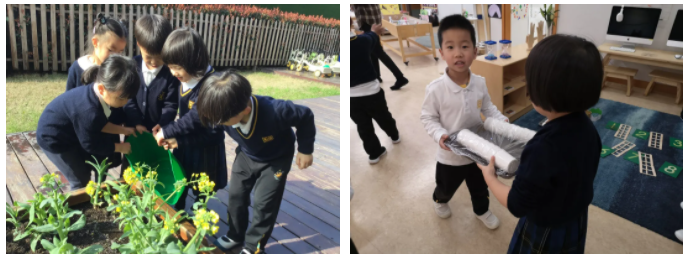
Children at Huili Nursery Hangzhou have a comprehensive understanding of and reflection on Huili values. In nursery daily life, we can often see the display of Huili values. For example, when children arrive at school in the morning, they are eager to help their friends unpack their backpacks; they will take the initiative to help the teacher carry their bed after a nap; children are polite, kind and inclusive to the new pupils.
In EY2, we have a discussion on values once every two weeks. We encourage children to match different photographs to Huili values. Children are also encouraged to describe their understanding of the photographs using their own sentences– “I think he is kind because he is helping the others”; “He is showing respect because he is collecting the toys.”

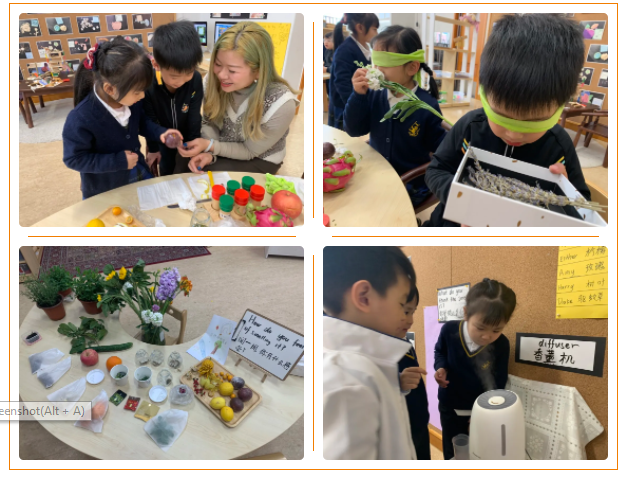
We are so pleased to see how quickly our children dived into their explorations this semester. Our journey of scent exploration began on the first day of nursery opening when some children were picking up the fruits that had fallen from a big tree in the outdoor exploration area. Some children were very curious about them and wanted to take them back to the classroom for investigation; other children found that there were black seeds with a special smell inside after peeling the fruits. We took the seeds back to the classroom and had a detailed discussion about them. After discussion, the children wanted to use these seeds as an ingredient to make "magic perfume". The children also explored smells at home and brought two of their favourite scents into nursery. The children are passionate about exploring smells. That is the charm of project-based learning – it stokes the children’s passions and interest from the very beginning. Later, we will focus on certain research directions and invite parents and experts to join us in exploring scents.

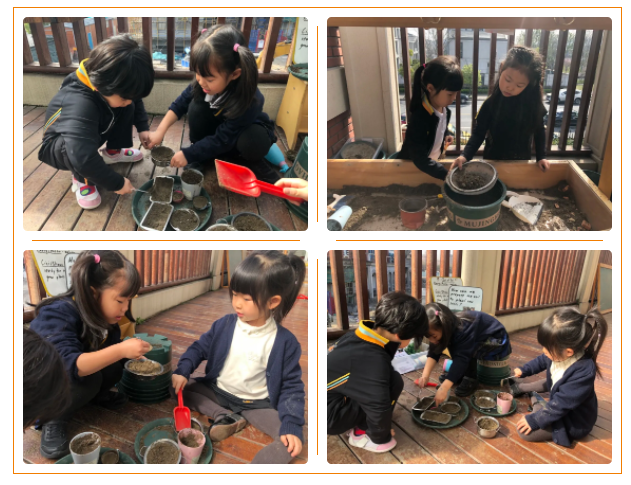
Dirt. Something as simple as bringing in dirt as a provision can lead to many creative ideas from the children. The idea of utilizing dirt for play all started from our balcony space needing a makeover. To begin this makeover, we tidied up old plants and collected all the dirt from the pots. From this dirt the children created a Mud Café where many different food items were made and roles were performed. The pupils self-assigned jobs to help the café function such as: bakers, waiters, managers and cleaners that were needed to perform different tasks. The children showcased great communication and organisation in English and Chinese to serve many customers. As the café grew, we kept adding more elements to bring in different areas of learning, such as maths, by adding in ovens and timers. Dirt, who knew it could lead to so much hands-on learning.


